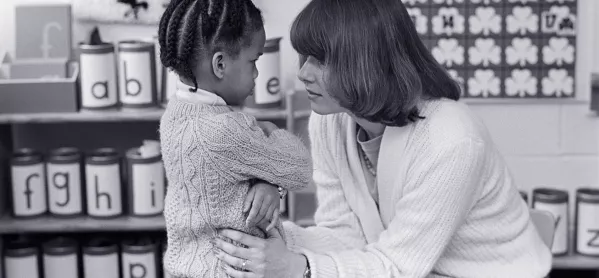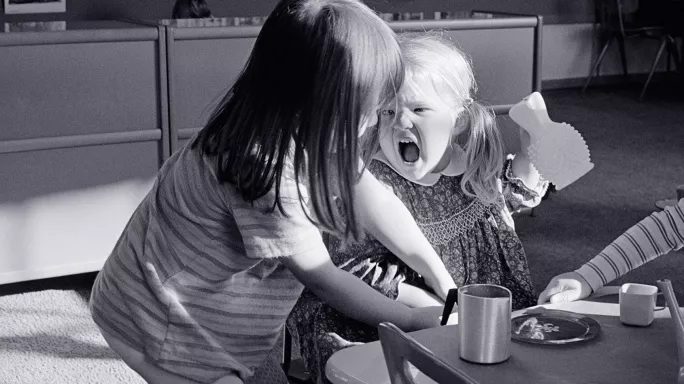Let me set the scene. I was in a meeting with other deputy heads and designated safeguarding leads (DSL) from around our area, discussing how we had recently invested in a safeguarding software programme.
I explained how it had saved time for the leadership team in terms of auditing and so on.
One of the DSLs said: “But surely you only use it very rarely? It’s only for safeguarding issues not bullying or verbally aggressive situations.”
Quick read: Are you ready for new safeguarding legislation?
Quick listen: What you need to ask yourself about behaviour
Want to know more? Pastoral care needs attention
This sparked an interesting debate among the group about when pastoral issues become safeguarding concerns and how we can best educate our staff about this threshold.
I guess what this DSL was concerned about was over-referrals. I can see how, in some schools, this could be the case. Staff (not just teachers) worry about their pupils and want to make sure that they are supported and helped in every way possible.
These staff feel that reporting concerns mean that they can get provision, and share the workload and responsibility.
But the threshold of concern will vary, of course, and everyone has different ideas about what is concerning, so staff need to be guided by training and Inset.
I would always prefer staff to over-refer than to feel they are the ones who have to “be there” for their students, however. This doesn’t mean that I step in and take over when an issue arises. In fact, I have found using that safeguarding software has enabled me to pass tasks back and support staff, guiding them to take on more constructive and supportive roles.
Each of these moments serves as CPD for them, as they learn how to address issues and become more aware of where the threshold for a safeguarding concern sits.
But even if something falls short of that requirement, there is value in treating it with the same level of attention. The recording and documenting of safeguarding issues is usually far more thorough than that of pastoral ones. But what if we changed that?
Rejigging reporting
Perhaps we should consider the ways we are recording and collating this information. There may be trends that can do damage to the students, trends that we could prevent and reduce. But only if our reporting systems are picking up on them.
Documenting pastoral incidents in the same way as you would do a safeguarding issue can make a huge difference, particularly in terms of making you more reflective. When recording these, try asking deeper questions that consider the bigger picture. For example:
-
If it’s an aggressive incident, could this be copied behaviour. If so, from whom? Could this be a response to peer-on-peer abuse, or domestic abuse?
-
Why is this student angry? Can they control this? If they don’t learn to manage their behaviour, how might this escalate?
-
Could they be struggling with low self-esteem? Is bullying a coping strategy or a distraction from their own poor mental health?
-
How does the victim cope with the bullying or aggressive behaviour? Is their support system strong enough to help them through this tough period?
I am not suggesting that every incident is a safeguarding issue. Children will always make mistakes and all of them can struggle with their emotions at times. But if we at least consider why they are acting this way, we may be able to help them.
Ceri Stokes is assistant head (DSL) at Kimbolton School in Cambridgeshire. She tweets @CeriStokes





